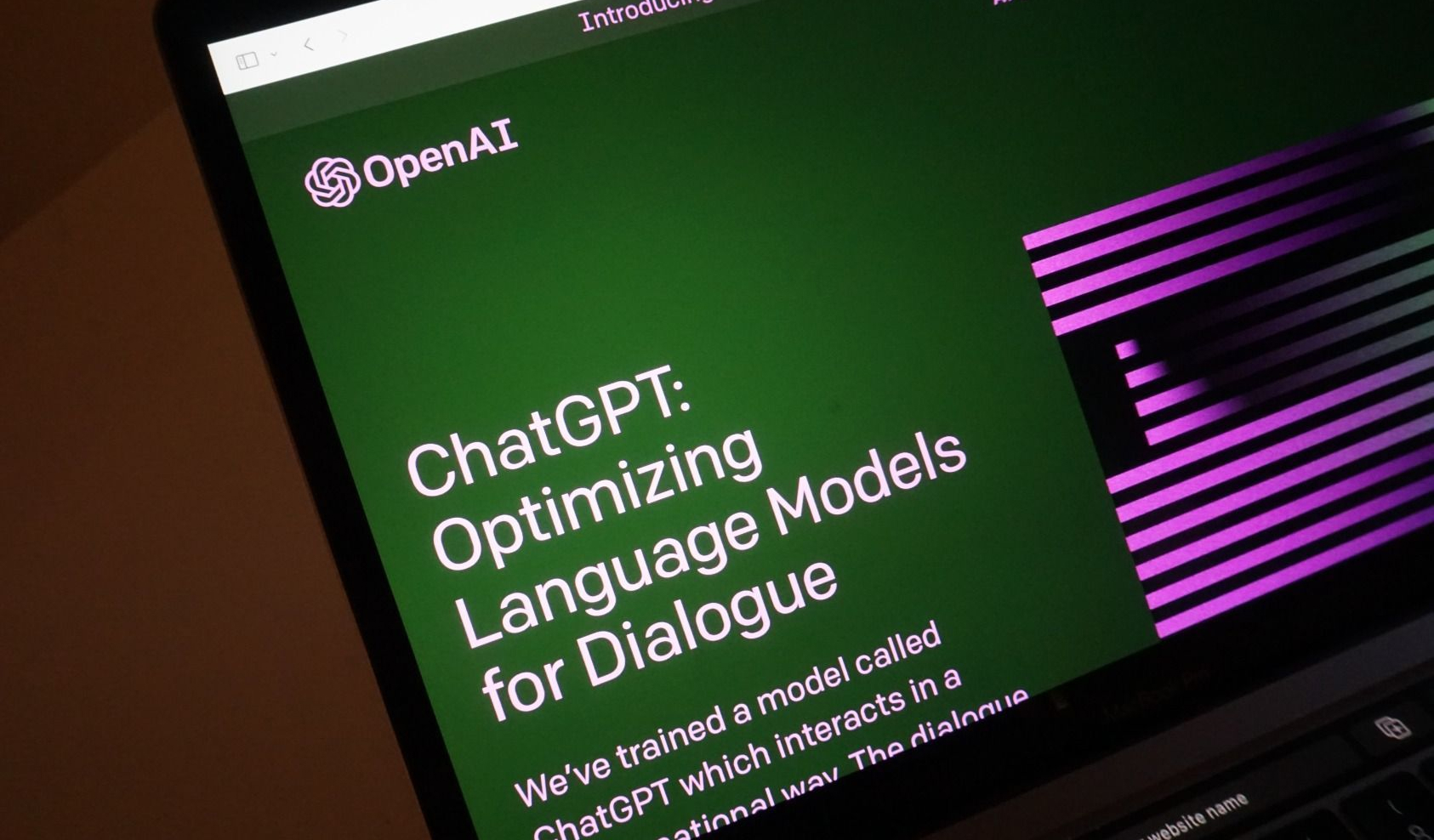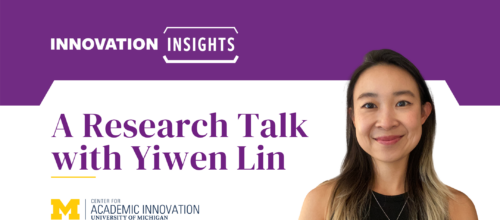ChatGPT in Higher Education: Facts and Ideas to Consider

It is safe to say that by now, you have seen many articles/posts, opinions, and stories about ChatGPT—and the larger AI-Language Learning Models (LLMs)—in relation to higher education and teaching/learning in particular. These writings included several perspectives ranging from raising concerns to celebrating new opportunities and a mix of the former and the latter. Also, these writings continue to evolve and grow rapidly in number as new AI-powered LLMs continue to emerge and evolve (e.g., Google’s new AI LLMs: Bard).
The intent of this piece is not to add another article sharing tips or concerns about ChatGPT. That being said, this article (1) summarizes the major concerns about ChatGPT and (2) the ideas about its positive implications based on what it is published to date.
Concerns about ChatGPT
Faculty, scholars, and higher education leaders have raised several concerns about ChatGPT. These concerns stem from possible ways it can be used.
- Using ChatGPT to cheat by asking it to write essays/answer open-ended questions in exams/discussion forums and homework assignments (December 19th, 2022 NPR Story) (December 6th, 2022 Atlantic Story) (January 16 New York Times Story).
- Using ChatGPT to author scholarly works which conflict with the ethical standards of scientific inquiry. Several high-impact/profile journals have already formulated principles to guide authors on how to use LLMs AI tools and why it is not allowed to credit such tool as an author—any attribution of authorship carries with it accountability for the scholarly work, and no AI tool can take such responsibility (January 24th, 2023 Nature Editorial).
- ChatGPT can threaten the privacy of students/faculty (and any other user). Its privacy policy states that data can be shared with third-party vendors, law enforcement, affiliates, and other users. Also, while one can delete their ChatGPT account, the prompts they entered into ChatGPT cannot be deleted. This setup threatens sensitive or controversial topics as this data cannot be removed (January 2023 Publication by Dr. Torrey Trust).
- ChatGPT is not always trustworthy, as it can fabricate quotes and references. In an experiment conducted by Dr. Daniel Hickey at Indiana University Bloomington, Instructional Systems Technology department, “ChatGPT was able to write a marginally acceptable literature review paper, but fabricated some quotes and references. With more work such as including paper abstracts in the prompts, GPT is scarily good at referencing research literature, perhaps as well as a first-year graduate student.” (January 6th, 2023, Article by Dr. Daniel Hickey)
Excitement about ChatGPT
At the other end of the spectrum, there have been several ideas that express interest and excitement about ChatGPT in higher education. These ideas stem from how they can be used ethically and in a controlled manner.
- Using ChatGPT to speed up the writing of drafts for several outlets (reports, abstracts, emails, conference proposals, press releases, recommendation letters, etc.) ChatGPT can produce elaborated writing that must be edited to remove any possible inconsistencies or inaccuracies (December 7th, 2022 Social Science Space story)
- Using ChatGPT in the process of brainstorming ideas for curriculum design, lesson planning, and learning activities. The tool can provide some novel ideas or remind educators of some instructional techniques and strategies that they had heard about in the past (January 23rd, 2023, Article by Dr. David Wiley).
- Using ChatGPT to provide students tutoring/scaffolds. The tool can act like a virtual tutor who does not simply give the answer to the student but rather scaffold them to reach the correct answers by themselves. (Sal Khan, founder/CEO of Khan Academy, Spring 2023 TED Talk)
- Teaching with ChatGPT to train students on using AI tools and models, provide opportunities to exercise critical thinking skills, and improve their technological literacy (January 12th New York Times story).
Concluding Thoughts
There are major concerns about ChatGPT and the larger AI-powered Language Learning Models (LLMs) phenomenon. These concerns are legitimate and are opposed by notable ideas about the positive implications of AI-powered LLMs in higher education classrooms. As we aspire to make evidence-based educational and learning design decisions, one should carefully review the research that has been done on AI in relation to higher education up to this point and engage with the gaps as opportunities to expand knowledge and find new opportunities and risks.
Our University’s newly formed advisory committee on the applications of generative AI is a good example of how higher education institutions ought to recommend the use, evaluation, and development of emergent AI tools and services. Additionally, discussions about generative AI and its implications on education happening in public venues are necessary to strengthen the public-facing mission of the University, where input from educators, students, and members of the community is welcome.



